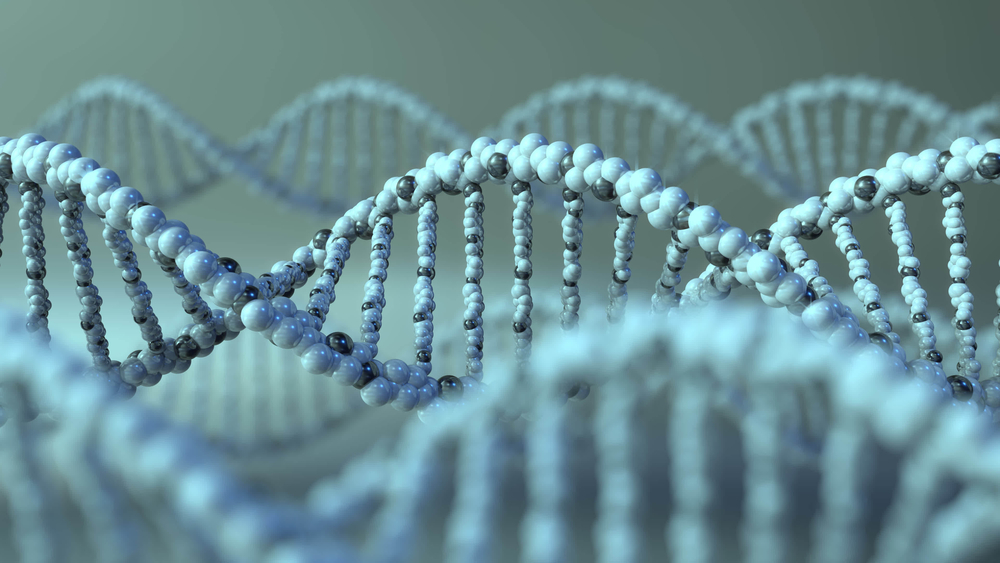Variants in Osteopontin Gene Linked to Specific Sarcoidosis Features

While the protein osteopontin is elevated in the blood of people with sarcoidosis, the increased levels are not determined by known genetic factors, according to a recent study. Nevertheless, several DNA variants in the osteopontin gene were linked to specific disease characteristics, such as lung tissue involvement, fever, or significant weight loss.
The study, “The association between osteopontin gene polymorphisms, osteopontin expression and sarcoidosis,” was published in the journal PLOS ONE.
Osteopontin is a molecule that has been studied for its role in bone health and cancer formation, but it is also part of the immune system. The factor, which acts as a cytokine — the scientific name for a group of immune mediators — skews the immune system toward responses involving pro-inflammatory Th1 cells. Researchers also know that osteopontin suppresses anti-inflammatory IL-10 production.
In other diseases that are characterized by granuloma formation, including tuberculosis and silicosis, researchers have detected higher levels of osteopontin in both blood and tissue, and the factor is also increased in patients with certain inflammatory autoimmune diseases.
While earlier studies have observed that osteopontin is also increased in sarcoidosis patients, researchers at the Hebrew University Hadassah Medical Center noted that little is known about the genetic underpinnings of osteopontin levels in this patient group.
The gene coding for osteopontin holds more than 400 variations, of which the majority are single nucleotide variants — in which one DNA nucleotide is replaced by another. Some of these variants have been linked to inflammatory conditions.
The Hadassah research team selected four variants to see whether they had any impact in the levels of the factor, or features of sarcoidosis in a group of 113 patients. The patients were compared to a group of 79 healthy people, or controls. The patient group was composed of 18 percent of people of Arab origin and 80 percent of Jewish origin.
Patients had significantly higher levels of osteopontin in blood plasma. In the patient group, current and ex-smokers had higher levels than people who never smoked. Patients who had a rash or other skin sarcoidosis symptoms had lower levels of the factor.
Patients and controls were equally likely to carry any of the four gene variants analyzed, which did not impact the levels of osteopontin. However, some of the variants were linked to specific disease characteristics. One variant was more common in people with lung tissue disease. Fever or a significant weight loss was linked to three other gene variants.
“Osteopontin protein levels are elevated in sarcoidosis. We found no evidence for an association between SNPs [genetic variants] on the osteopontin gene and plasma [osteopontin] levels or the presence of sarcoidosis, however, an association between genotype and several phenotypic clinical parameters of disease was observed,” the team concluded.






